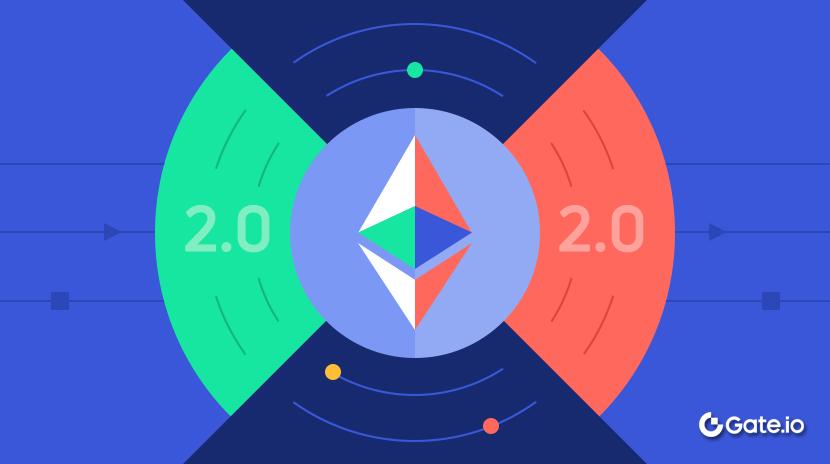ETH Address Lookup

Ethereum address lookup refers to tools and services designed for retrieving specific address information on the Ethereum blockchain. These tools allow users to input an Ethereum wallet address (typically a 42-character hexadecimal string starting with "0x") and view that address's transaction history, token holdings, smart contract interactions, and other related on-chain activities. Such query services represent an important manifestation of blockchain transparency, enabling anyone to verify and track fund movements and smart contract interactions on the Ethereum network.
The origin of Ethereum address lookup tools traces back to the birth of the Ethereum blockchain. As the Ethereum network went live in 2015, the community quickly recognized the need for tools to explore and analyze this open, transparent distributed ledger. Early block explorers like Etherscan emerged, offering basic address lookup functionality. Over time, these tools became increasingly sophisticated, evolving from simple transaction history queries to comprehensive analytics platforms supporting richer data visualization and analysis capabilities.
Ethereum address lookup tools operate by indexing and parsing Ethereum blockchain data. These tools typically run their own Ethereum nodes, synchronizing blockchain data in real-time, then storing this data in optimized databases for quick queries. When a user inputs an address, the system retrieves all transaction records, token balances, internal transactions, and event logs associated with that address. Advanced query tools can also parse smart contract interactions, identify the true purpose of transactions (such as token transfers, decentralized exchange trades, or DeFi lending operations), and present them to users in an easily understandable format.
Despite the great convenience brought by Ethereum address lookup tools, they face several risks and challenges. First is the privacy issue—although Ethereum addresses are pseudonymous, it's possible to identify the actual users behind addresses by analyzing on-chain activity patterns and associated transactions. Second is the challenge of data accuracy, especially when parsing complex smart contract interactions, where different query tools might produce slightly different results. Additionally, centralized query services may present single points of failure and could be subject to censorship. As Ethereum continues to evolve and Layer 2 scaling solutions become more prevalent, query tools need to adapt to the complexity of cross-chain and cross-layer interactions, presenting new technical challenges.
Ethereum address lookup tools are crucial to the entire cryptocurrency ecosystem, enhancing network transparency and promoting user trust and market efficiency. These tools enable ordinary users to verify transactions and check smart contract activities, researchers and analysts to study market trends, law enforcement agencies to track suspicious activities, and developers to debug smart contracts. As the Ethereum ecosystem continues to expand and cryptocurrency becomes more mainstream, these query tools will continue to evolve, offering more user-friendly interfaces and deeper analytical capabilities, further lowering the barriers to blockchain technology adoption.
Share
Related Articles

What Is Ethereum 2.0? Understanding The Merge

Reflections on Ethereum Governance Following the 3074 Saga
